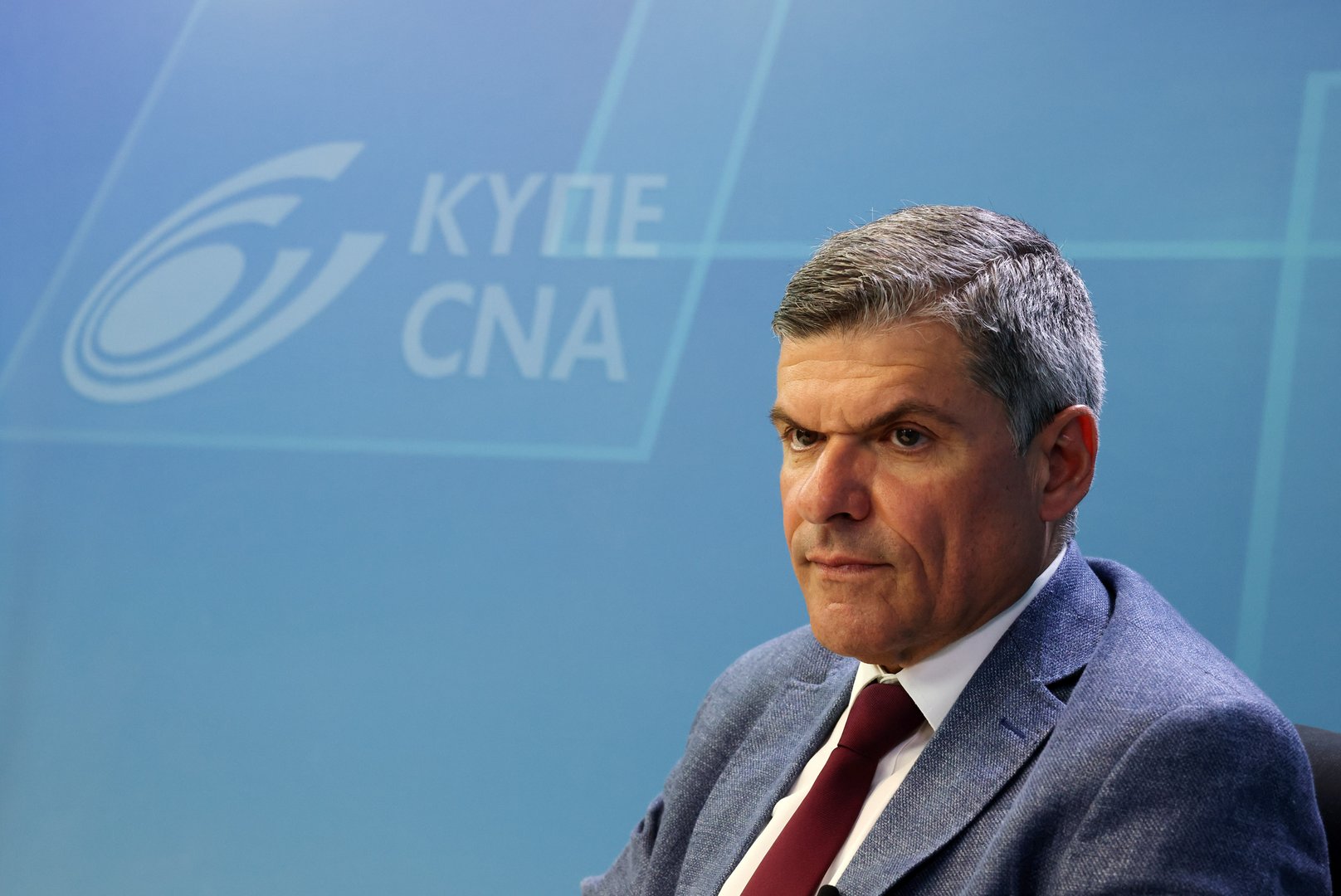Cyprus does not currently have the capacity to absorb the full amount of the renewable energy it produces, meaning that the excess amount could be transported to Israel – according to Transmission System Operator (TSO) official.
TSO spokesman Vrahimis Koutsoloukas said on Thursday that for 2023 it is estimated that about 3.22 per cent of the renewable energy produced will go to waste but this could instead be sent to Israel.
The estimated ‘wasted’ renewable energy for 2023 comes to 36,700 megawatt-hours.
By comparison, in 2022 the ‘wasted’ renewable energy amounted to 12,700 megawatt-hours.
Elsewhere, the TSO also added that it expects renewable energy production to amount to 21.3 per cent – which would mark an increase from 2021 when it registered at 18.4 per cent.
Energy Minister George Papanastasiou recently visited Israel and met with his counterpart where they discussed the potential energy connectors between the two countries.
During the visit, he said, the Cypriot delegation was told that Israel’s electricity deficit is estimated at around 4 to 5 Gigawatts over the next five years.
On Sunday, the minister said that Israel, due to estimated shortfalls in domestic electricity production in the coming years, is keen on seeing the creation of the electricity interconnector with Cyprus.
Because Israel’s intention is to use electricity as the prime mover in strengthening its industry, it wants to have an interconnector with Cyprus “because it sees Cyprus as a potential producer of electricity for export.”
Papanastasiou said that in Cyprus there was always talk of the “gas-to-power” project, which means converting natural gas into electricity, and he also said that excess green energy produced from renewable sources – which at the moment due to its ancient grid is going to waste – could also be exported.
The TSO’s Koutsoloukas acknowledged that the locally-generated renewable energy which cannot be absorbed by Cyprus’ grid is nowhere near enough to cover Israel’s electricity deficit.
The agency calculates that total RES production in Cyprus this year will come to 1,136 gigawatt-hours – accounting for 21.3 per cent of the total electricity produced.
It noted that the energy generated from renewables is expected to rise, given the demand for photovoltaics (PV) but also the targets set out in the national action plan for energy and the climate.
Meantime the interior ministry on Thursday explained the reasons why President Nikos Christodoulides vetoed and has sent back legislation approved by parliament on installing residential photovoltaic system, noting that the bill still had major gaps.
It argued that the amendment to the legislation does not ensure that the PV systems are being installed in coordination with a relevant engineer to ensure structural stability of the homes.
It warned that installing such systems, which may be done in old or unsafe buildings, does not mandate oversight from an engineer and therefore could pose serious risks to public safety.
Absent a structural integrity inspection by an engineer, no one would be able to certify whether a building can take the additional load from a PV installation.
The ministry added that previous decrees which exempted water heaters and tanks from being installed after having acquired a permit still had experts involved in the planning and installation process.
The ministry further warned that the amendments sent back by the president did not address urban and residential concerns such as height limits, while it would have also allowed PV systems to be installed on illegal buildings.
Further, the ministry said that the rights of co-owners in shared buildings were not protected as there was no obligation to secure the consent of all owners in such cases.
It added that a recent decree had already drastically simplified the process for installing PV systems, such as providing same-day approval from the relevant authorities, while also addressing safety and co-ownership concerns.
The ministry concluded by saying that a new decree is to be issued in the coming days which will further simplify the existing process for the installation.
The decree will be issued after consultation with the Association of Renewable Energy Enterprises, the Union of Municipalities and the Scientific and Technical Chamber.







Click here to change your cookie preferences